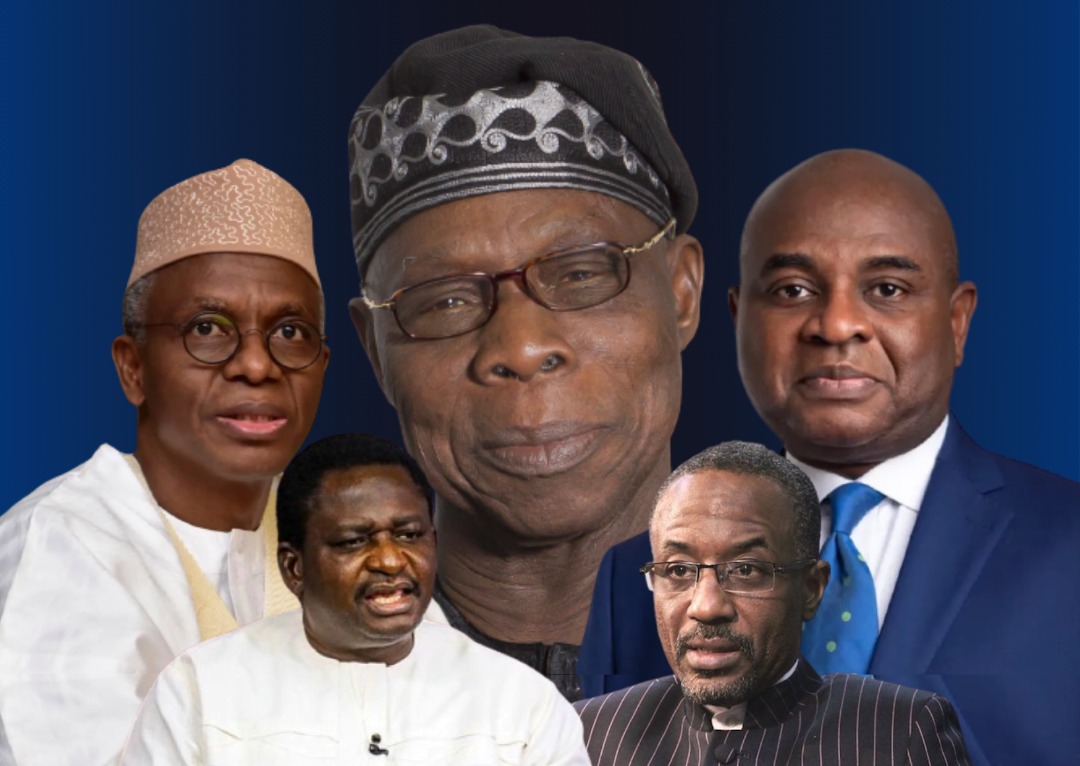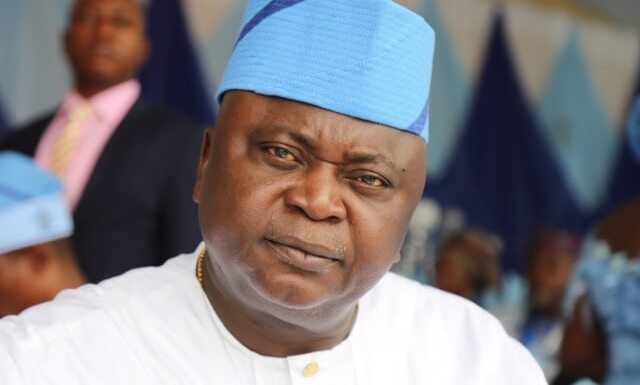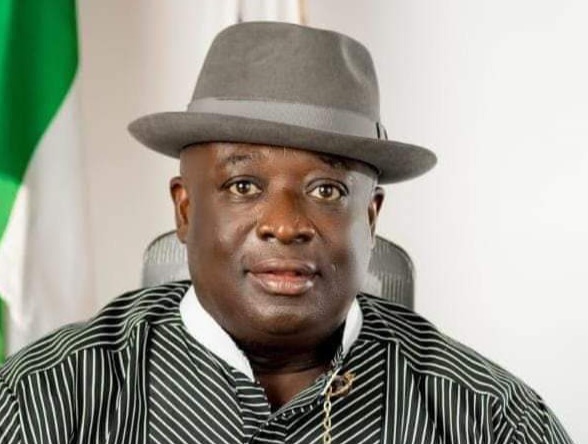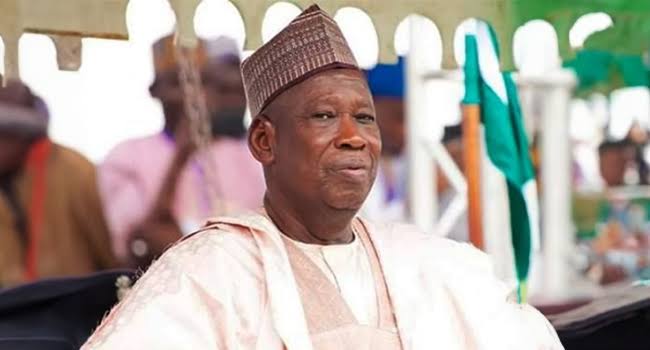Politics Round this week considered the wise counsel former President Olusegun Obasanjo gave President Muhammadu Buhari last week on the current government penchant for borrowings.
We also considered four other stories that mattered to Nigerians seriously last week, looking at their implications, lessons to be learnt from them and why they should be forgotten easily.
1. Obasanjo’s wise counsel
On Monday, September 20, former President Olusegun Obasanjo told President Muhammadu Buhari that borrowing to accumulate debt for the next generation was criminal.
In an interview with Channels Television in the aftermath of an event in South Africa, Obasanjo said, “But if you are borrowing and accumulating debts for the next generation and the next generation after them, it is criminal. What are you borrowing for?”
“If we are borrowing for recurrent expenditure, it is the height of folly. If we are borrowing for development that can pay for itself, that is understandable. Then the payment, how long will it take to pay itself?”
Implications
Obasanjo simply stated an obvious. The continuous borrowing by the Buhari’s administration should be an issue of concern to Nigerians, most especially when these loans are being solicited without a clear agenda on how to pay back.
The present government should look at ways to create wealth as well as align the cost of governance with dwindling revenue, rather than accumulating loans that probably will be left for the coming generations.
2. el-Rufai’s mocking of South govs
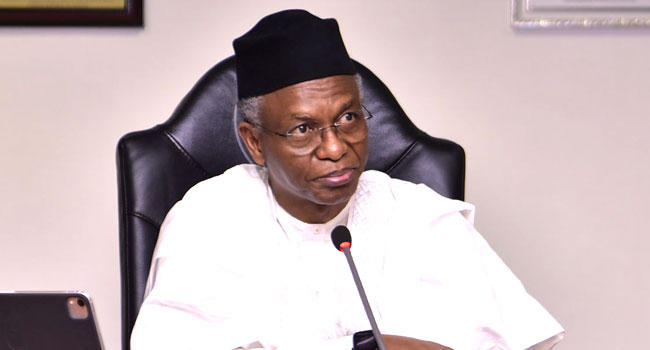
On Wednesday, September 22, Kaduna State Governor Nasir el-Rufai described the anti-open grazing law promulgated by some southern governors as not implementable.
He told newsmen after a meeting with officials of the All Progressives Congress (APC) at the party’s national secretariat in Abuja:
“But moving towards ranching cannot be done overnight. We have to have a plan; we have to have resources and we have to implement it sensibly. We’ve taken a position as northern state governors and we’re implementing that.
“And I hope that the Fulani herdsmen will see that there are alternative ways of producing livestock instead of running up and down with cattle going to people’s farms to cause all kinds of problems. We want to solve the problem.
“What is unhelpful is politicising the situation and passing legislation that you know that you cannot implement. So, we have taken a position and we are working round the clock to implement that position.”
Implications
The comment by the Kaduna State governor is unfortunate. It only makes one wonder if the Kaduna State governor wants the South to also suffer the heightened level of insecurity currently in the North as a result of terrorist activities of killer Fulani herdsmen, bandits and other criminal elements.
Ordinarily, one would expect any lover of Nigeria to support any measure that will help curtail the activities of these criminals, who have turned many parts of the North into a shadow of itself.
Meanwhile, the comment by el-Rufai only emanated because of some saboteurs among southern governors, who because of their selfish pursuit have become sellouts and people like the Kaduna State governor knows they are mere noisemakers and trucebreakers.
3. Moghalu on Nigeria’s woes
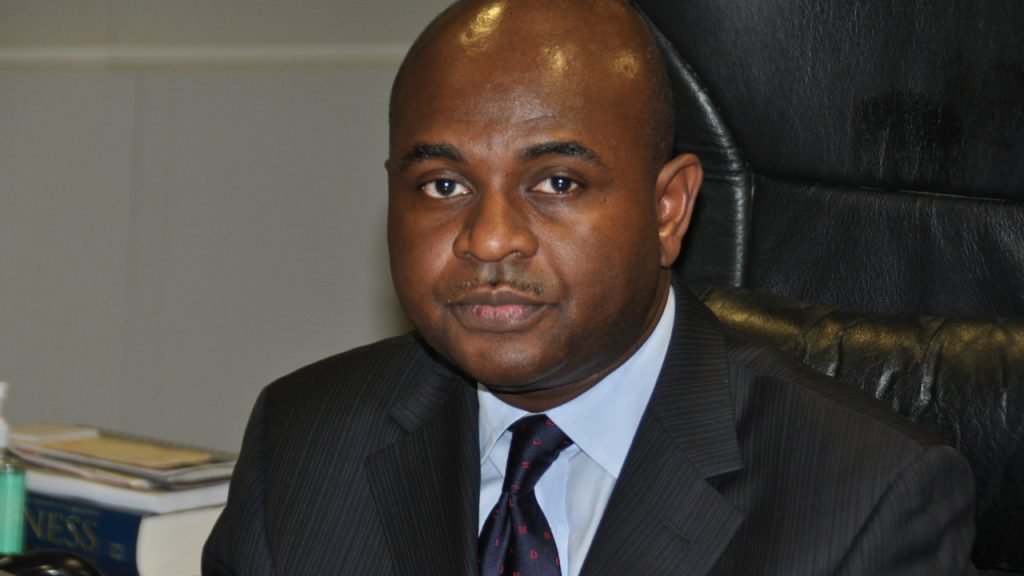
On Monday, September 20, a former Deputy Governor of the Central Bank of Nigeria (CBN), Kingsley Moghalu, says Nigeria’s economy is poor because the country is being led by politically and economically incompetent people.
Speaking during an interview with Arise TV, the 2023 presidential aspirant said, “We often think that technocrats can change the Nigerian economy, they can’t, for as long as Nigeria is led by politically and economically incompetent people, Nigeria’s economy can’t be transformed.
“If I was President of Nigeria today, and I know what I’m telling you, and I have the political will to pursue these reforms, I think there will be a better chance of the economy getting better.”
Implications
Moghalu only reinstated the obvious. Except the country shuns mediocrity, ethnicity and religion and goes for competence and credibility in their choice of who steers the affairs of the country’s woes will continue.
Moghalu’s statement serves as a call for action ahead 2023 general election as the people will have another opportunity either to allow politically and economically incompetent people to continue to lead them or shun ethnic and religious sentiments to go for credible and competent people to lead the country.
4. Adesina’s lame excuse on terrorism sponsors
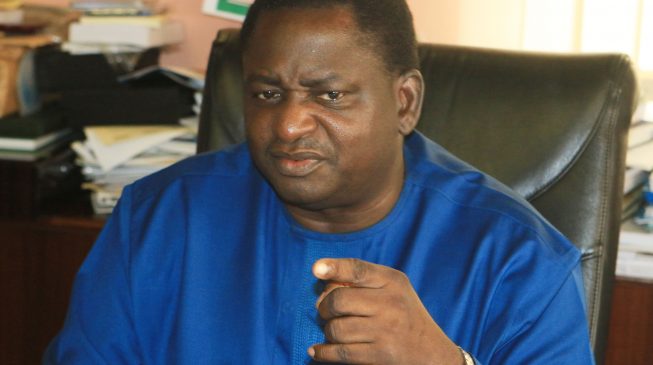
Special Adviser to President Muhammadu Buhari on Media and Publicity, Femi Adesina, on Monday, September 20 said the Federal Government was not concerned with exposing sponsors of terrorism.
Adesina, who spoke during an interview on Channels Television in response to a recent report by the United Arab Emirates (UAE), which included six Nigerians on its terror list.
“Naming and shaming won’t be the motive. Rather, bringing malefactors to justice would be it. Nigeria is not interested in naming and shaming anybody. Rather, it wants to bring them to justice,” Adesina said.
Implications
The response by Adesina cast serious doubt on the genuineness of the Buhari-led government to clearly deal with the matter of terrorism sponsors in the country.
The excuses by the president’s aide, which was later emphasised by the Attorney General of the Federation and Minister of Justice, Abubakar Malami, suggests that the present administration lacked the political will to tackle the issue of terrorism in Nigeria with the urgency it requires.
One can only hope that the suspects will soon be prosecuted as the presidency wants Nigerians to believe. Until such is done, it may only be wise for Nigerians not to expect the end of insecurity in the country any time soon.
5. Sanusi’s worries

Former Governor of the Central Bank of Nigeria (CBN), Sanusi Lamido Sanusi, on Friday, September 24, decried that state of Nigeria’s economy, hinting that it was on the threshold of full collapse.
“For us in Nigeria, the enclave economy that we have, the so-called goose that lays the golden egg is about to die. There will be no eggs. The future is not in the carbons. We are having difficulties selling Nigerian oil. So, not only are we having problems producing, even when we produce, the market is not there,” he said.
Implications
From current economic realities in the country, it is glaring Sanusi hit the nail on its head. His lamentation should spur the government to action that can help reverse the downward trend of the nation’s economy.
The worries expressed by the former CBN governor should be a matter of serious concern for the Nigerian government as well as the country’s economic policy managers.
